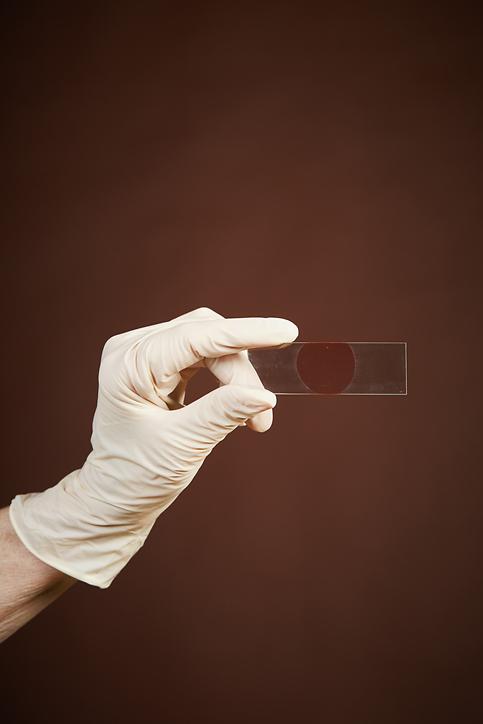
[Gettyimages Bank]
In vitro diagnostic equipment include a body thermometer, a pregnancy test machine, a bacterial culture machine and a bacterial reading device. CMOS (complementary metal oxide semiconductor) image sensors with an on-chip image processing circuit are being developed for image recognition and artificial vision.
SK hynix held a ceremony in Seoul on November 6 to push for joint work with SOL, a bio startup, with officials from St. Mary's Hospital of the Catholic University in attendance, according to industry sources. "The joint R&D agreement with SOL was made as part of a 'shared infrastructure' project that shares technologies with external partners," an SK hynix official said. "We have no plans yet to directly enter the bio healthcare industry."
SK hynix and SOL have conducted a joint study on in vitro diagnostic devices that can quickly diagnose disease infection outside the body through human tissue or blood. CMOS image sensors can reduce the size of devices and make it more accurate than current products using lenses. By sending the results of in vitro diagnosis to a medical institution, the medical cost will be reduced.
After branding CMOS image sensors under the name of "Black Pearl" last month, SK hynix is currently converting part of its production line for DRAMs in Icheon to produce CMOS image sensor, known as CIS.
CIS in vitro diagnosis has huge marketability in an aging society as trends in the medical sector change from disease treatment to prevention through early diagnosis. According to the Ministry of Health and Welfare, the global market for in vitro diagnostic devices is expected to surge from $60.2 billion in 2016 to $78.7 billion in 2021.
SK Group Chairman Chey Tae-won has cited the bio and healthcare industry as a key area of nurturing. SK hynix is building a general hospital under in Wuxi, a city near Shanghai in eastern China.
Copyright ⓒ Aju Press All rights reserved.



